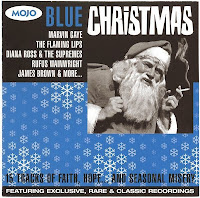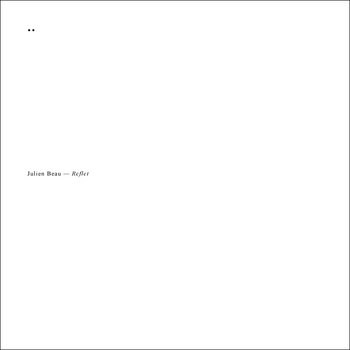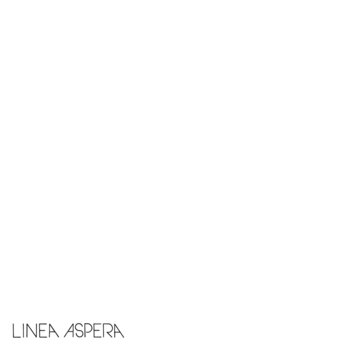A
few weeks back I was tasked with 'sorting out the Christmas songs'.
This made for a novel opportunity to be relatively useful in the run
up to Christmas; normally, my sole duties consist of fetching in the
decorations, helping unpack them, and then putting the empty boxes
back again. The request followed the complete wiping of Mrs S's iPod earlier in the year and the slow and tedious process of rebuilding her library again. As
with most things - proposing to her, recognising that our cat was
seriously ill, any household chore I'm handed - I prevaricated for
ages and only completed the task at the weekend, more or less at the
same time as the tree was being put up.
We
have, it seems, some 260 Christmas songs. These range from what might
be regarded as pop staples - Jona Lewie's 'Stop The Cavalry', Wham!'s
'Last Christmas' and so on - some classical and choral things that
sound atmospheric and festive but which often get bypassed in favour
of more accessible fare, a few lesser well known things by Badly
Drawn Boy and Summer Camp, a bit of Rat Pack, Phil Spector's
excellent Christmas album, some hymnal Johnny Cash stuff, a
glamtastic Showaddywaddy song purloined from my parents' vinyl
collection and even a Joey Ramone track. Over time I've added things
like The McGarrigle Christmas Hour - a true family affair of Kate and
Anna McGarrigle and their sundry offspring, including Rufus and
Martha Wainwright and family friends like Teddy Thompson - but my dour
Josh T. Pearson contributions seemed to get permanently deleted from
her library when it became corrupted, much to her relief.
In
spite of that vast library, Christmas listening tends to start with a
ritual playing of Blue Christmas, a Mojo covermount CD featuring
slightly less optimistic songs from James Brown, Ed Harcourt, Flaming
Lips, Otis Redding and many others. It's intentionally a world away
from the cheeriness of most Christmas songs, and I think we elect to
listen to this at the start of festivities to deliberately steer
clear of the season's commercialism-masquerading-as-joy; or maybe
because we like to make our own family traditions at this time of
year.
This
year, in a moment of sentimentality toward Christmas, I decided that I
really wanted to find an album of Christmas songs performed in a jazz
style. Despite having spent a lot of this year furthering my interest
in jazz, I'm still a bit lost in the genre, and it proved to be the
case with this search for a Christmas album that there's an awful lot
of dross around. In the end, I settled on an album of lovely piano
jazz by the late Dave Brubeck.
I
knew I was on safe ground with Brubeck; though I detested it in my
youth, 'Take Five', the 1959 track he is best known for, has become a
piece that I listen to a lot these days. I even have an album on
which Brubeck performs 'Some Day My Prince Will Come' from Disney's Snow White, and I felt reasonably assured that him turning his pianist hands
to a suite of Christmas songs would be of a high standard, and that's
exactly how it turned out to be. One reviewer on Amazon described it
as being perfect for nights in front of the fire with a mug of cocoa;
I neither have a fireplace nor do I like cocoa, but I completely get
where he was coming from, and I can't begin to describe it better
myself.
So
that all feels terribly grown up and mature. Although I seem to have
consumed a lot more Christmas tunes so early in December than is good
for me, I've spent the rest of the time listening to various
electronica releases that have been fervently landing in my inbox in
recent weeks.
Physical
Therapy's Non-Drowsy is one such release. A free seven-track EP, the
release jump-cuts between a mutant strain of classic piano house and
a deconstructed variant of late Eighties percussive acid techno.
Listen to the urgent standout track 'Coffee' from the EP here or
below.
Another
electronica release I've been enjoying is Boxcutter's Gnosis EP.
Boxcutter has previously released stuff on Mike Paradinas's Planet Mu
imprint, and this release does include moments of frenetic bass
wobbles and percussive wackiness that befits a lot of what that label
has become known for. That's balanced out by some absorbing ambient
passages replete with sky-scouring prog guitar, drawing parallels
with some of Krautrock's less motorik moments, as well as some
spine-tingling synth hooks along the way.
Also
in my eardrums has been Unpaved by Robert Koch, an EP soundtrack to
accompany a film by Lukas Feigelfeld. This is my first exposure to
Koch's work, and it reveals itself on this release to be a
carefully-structured micro-score with ambient reference points and
some rather lovely piano. An extract from the film of the same name
can be viewed here or below.



















